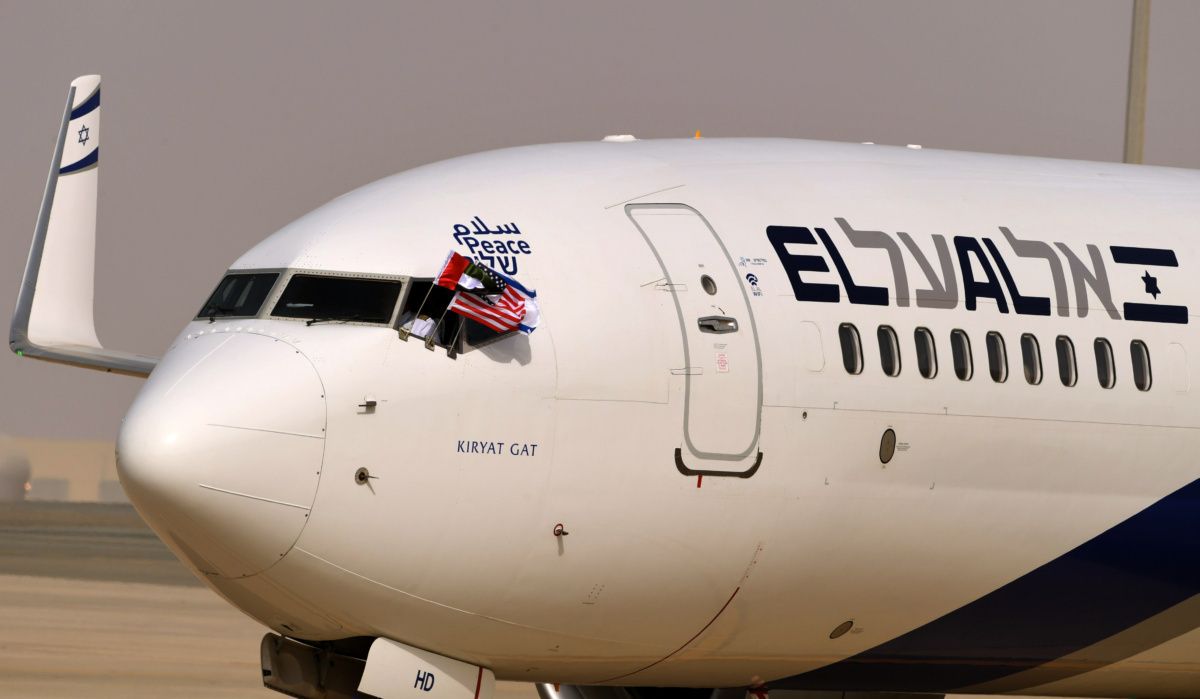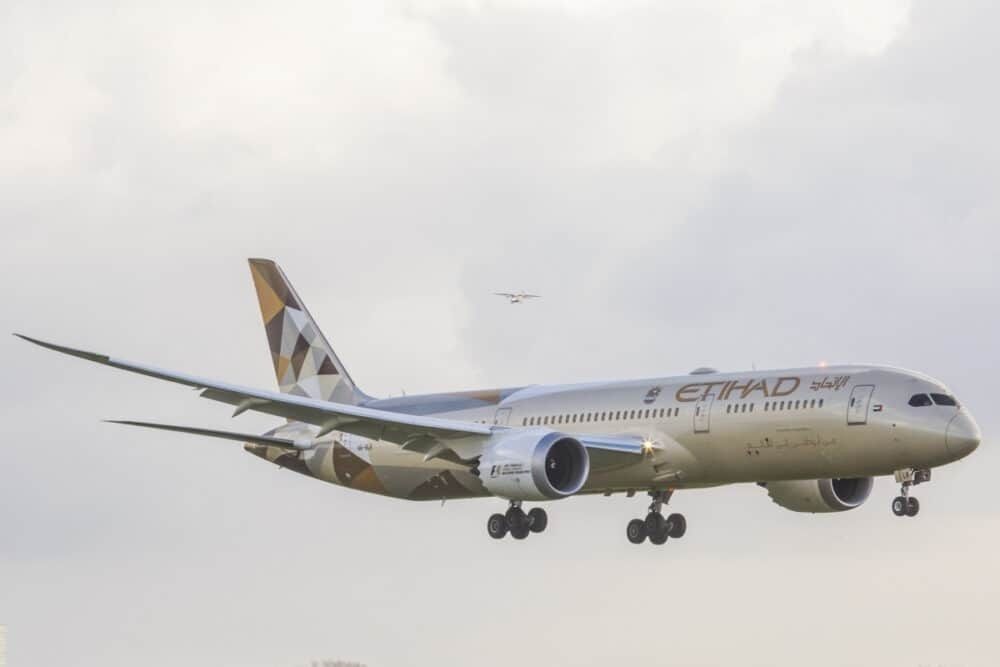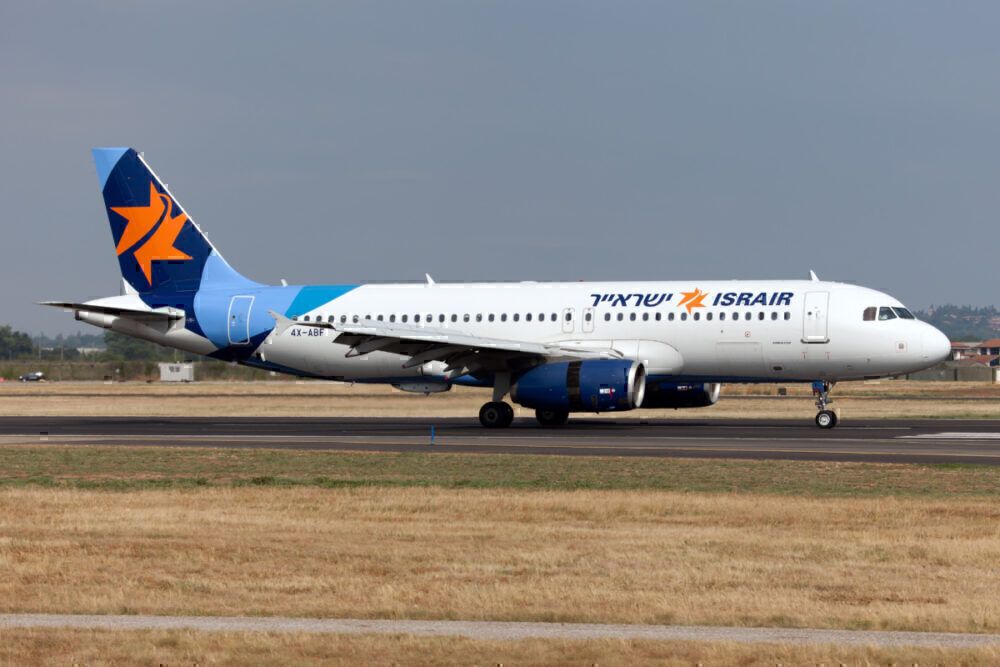In the summer of 2020, amidst the coronavirus pandemic, Israel and the United Arab Emirates signed a historic peace accord and announced the establishment of diplomatic relations. The deal included the setting up of direct air links between the two countries and each nation basing an embassy in the other’s territory. So, what does that mean for the airlines of the respective countries?
The warming of Arab-Israeli relations
The peace deal between Israel and the UAE was announced on August 13 and signified a thawing of relations in the Middle East. Etihad had previously made headlines after operating several direct aid flights from Abu Dhabi to Tel Aviv, indicating a reduction of tensions in the region. The first of these flights on May 19 was the first-ever UAE registered aircraft to land in Israel.
Direct routes between the countries were never going to be immediately straightforward, as they would need to pass through Saudi Arabian airspace. However, the first commercial flight by El Al from Tel Aviv to Abu Dhabi was permitted to overfly Saudi Arabia. The flight, which was carrying top US officials as part of the White House-brokered deal, took just over three hours instead of the seven hours needed to skirt Saudi airspace.
Stay informed: Sign up for our daily aviation news digest.
Airlines to operate 28 flights per week
On October 18, Israel and the UAE agreed to operate 28 passenger flights per week between the two countries, as well as 10 weekly cargo flights. The bilateral agreement also allows for unlimited charter flights between Israel’s Ramon Airport, near Eilat, and the UAE. Israeli and UAE flag carriers El Al and Etihad will operate flights between Tel Aviv and Abu Dhabi, while Emirates will most likely operate services to Israel from Dubai.
Israeli airline Israir was very quick to seek permission to land at Dubai in the UAE after the way to new flight routes had been opened up. Israir had tentatively booked slots at Tel Aviv Ben Gurion Airport but said the flights would be dependent on getting permission to fly through Saudi airspace.
In September, it was reported that Saudi Arabia had given permission for all Israeli services to the UAE to cross its airspace. Since then, Bahrain and Jordan have also granted access to their airspace for these direct flights, which means significant savings in time and fuel costs. The agreements mean that Middle eastern carriers can use Israeli airspace on their routes to Europe. Israir operated the first Israeli flight to Bahrain in September.
Delay to the start of Israel-UAE routes
It had been hoped that the new routes would commence in October, but a rise in COVID-19 cases in Israel prompted another lockdown in the country. It was subsequently announced that Israeli services to the UAE would be delayed until the beginning of January 2021.
However, a flydubai Boeing 737 carried the first Israeli tourists to the United Arab Emirates on Sunday, November 8. Although the route doesn’t officially begin until November 26, the special charter flight was the first direct service between Israel and Dubai to carry tourist passengers rather than government officials.
What do you think of the direct flights from Israel to the UAE?



